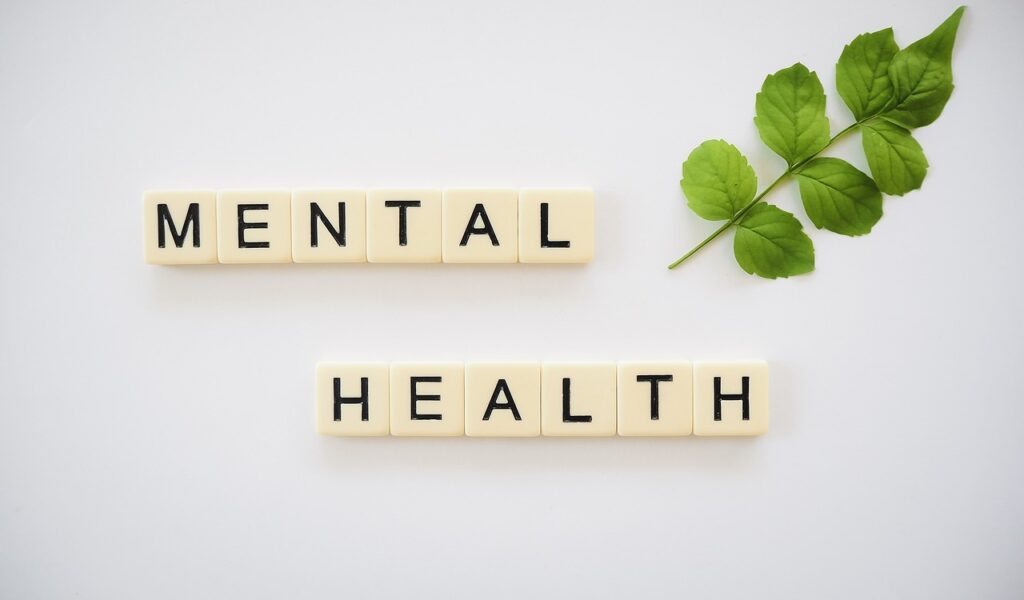Mental health is a fundamental aspect of our overall well-being, influencing how we think, feel, and act in daily life. It affects our ability to handle stress, relate to others, and make decisions. Despite its significance, mental health has often been overshadowed by physical health in terms of awareness and resources. However, as the stigma around mental health diminishes, there is growing recognition of its critical role in leading a balanced and fulfilling life. Understanding the importance of mental health is essential for building a healthier society.
1. Mental Health and Physical Health Are Interconnected
Mental health significantly impacts physical health and vice versa. Chronic stress, anxiety, and depression can lead to a range of physical symptoms, such as headaches, fatigue, and a weakened immune system. Conditions like heart disease and hypertension are often linked to prolonged mental stress.
Key Insights:
- Stress hormones such as cortisol can impair immune function.
- Anxiety and depression are associated with increased inflammation.
- Managing mental health can prevent or alleviate physical health issues.
Tip: Practices like yoga, meditation, and regular exercise can benefit both mental and physical health.
2. Productivity and Performance
Good mental health is vital for maintaining focus, energy, and efficiency, whether at work, school, or home. Mental health challenges can impair cognitive functions like concentration, memory, and decision-making, leading to decreased productivity.
Key Insights:
- Employees with good mental health are more productive and take fewer sick days.
- Mental well-being enhances creativity and problem-solving skills.
- Educational institutions report better performance among students with access to mental health resources.
Tip: Organizations can improve productivity by promoting mental health awareness and support systems.
3. Emotional Well-being and Relationships
Sound mental health helps in understanding and managing emotions effectively, which is crucial for maintaining healthy relationships. People with good mental health tend to communicate better, manage conflicts constructively, and build stronger connections.
Key Insights:
- Emotional regulation prevents impulsive reactions.
- Empathy and effective communication are linked to good mental health.
- Healthy relationships can also act as a support system during mental health struggles.
Tip: Practicing mindfulness and active listening can strengthen relationships and emotional well-being.
4. Preventing Substance Abuse and Risk Behaviors
Unaddressed mental health issues can increase the risk of substance abuse and other self-destructive behaviors. Individuals struggling with anxiety, depression, or trauma may turn to drugs, alcohol, or risky behaviors as coping mechanisms.
Key Insights:
- Early intervention in mental health can reduce substance abuse risks.
- Integrated treatment addressing both mental health and substance use is most effective.
- Mental health education can deter adolescents from substance abuse.
Tip: Providing access to mental health counseling in schools and workplaces can help in early intervention.
5. Suicide Prevention
Addressing mental health issues is crucial for preventing suicide. According to the World Health Organization (WHO), nearly 800,000 people die by suicide every year, often due to untreated depression and other mental disorders. Life transitions therapy can be a valuable resource in helping individuals navigate challenging life changes and emotional struggles, offering support during times of crisis.
Key Insights:
- Suicide prevention strategies must include mental health awareness and support.
- Crisis intervention and hotlines save lives by providing immediate help.
- Reducing stigma encourages more people to seek help.
Tip: Learn to recognize warning signs of suicide, such as withdrawal, hopelessness, and sudden mood changes, and offer support.
6. Enhancing Quality of Life
Good mental health is directly linked to life satisfaction and happiness. It allows individuals to pursue their goals, develop resilience, and adapt to changes positively. Managing stress and emotions effectively leads to a more balanced and fulfilling life.
Key Insights:
- Self-acceptance and optimism contribute to well-being.
- Mindfulness practices can enhance life satisfaction.
- Resilience helps in bouncing back from setbacks.
Tip: Engage in hobbies, maintain a support system, and practice gratitude to boost mental well-being.
7. Reducing Healthcare Costs
Investing in mental health care can significantly reduce healthcare costs by preventing the escalation of untreated conditions. Mental health services can prevent hospitalizations, reduce the need for emergency care, and lower the overall burden on healthcare systems.
Key Insights:
- Treating depression and anxiety can reduce healthcare costs by addressing associated physical symptoms.
- Workplace mental health programs offer a high return on investment.
- Preventive mental health care reduces the risk of chronic diseases.
Tip: Governments and organizations should prioritize mental health funding and access.
8. Breaking the Stigma
Promoting mental health awareness helps to dismantle the stigma that prevents many from seeking help. Open discussions, education, and advocacy can create an environment where individuals feel safe to address their mental health concerns.
Key Insights:
- Media and educational campaigns reduce misconceptions about mental health.
- Support groups offer a safe space to share experiences.
- Public figures sharing their mental health struggles help normalize seeking help.
Tip: Educate yourself and others to challenge stereotypes and support mental health initiatives.
Conclusion
Mental health is a cornerstone of overall well-being, influencing every aspect of life—from physical health to relationships and productivity. Prioritizing mental health through awareness, early intervention, and support systems is essential for building healthier individuals and communities. By embracing the importance of mental health, we can pave the way for a more resilient and compassionate society.
Understanding the signs and symptoms of mental health issues is crucial for early intervention and effective treatment. Depression, for instance, can manifest in various ways, affecting one’s daily life and overall well-being. Recognizing these symptoms is the first step towards recovery. If you or someone you know is experiencing persistent sadness, loss of interest in activities, or other related symptoms, it may be time to get help from an Orlando depression therapist. Seeking professional guidance can provide the necessary support and strategies to manage and overcome these challenges, ultimately leading to a healthier, more balanced life. Prioritizing mental health is essential for maintaining overall wellness and achieving personal fulfillment.


